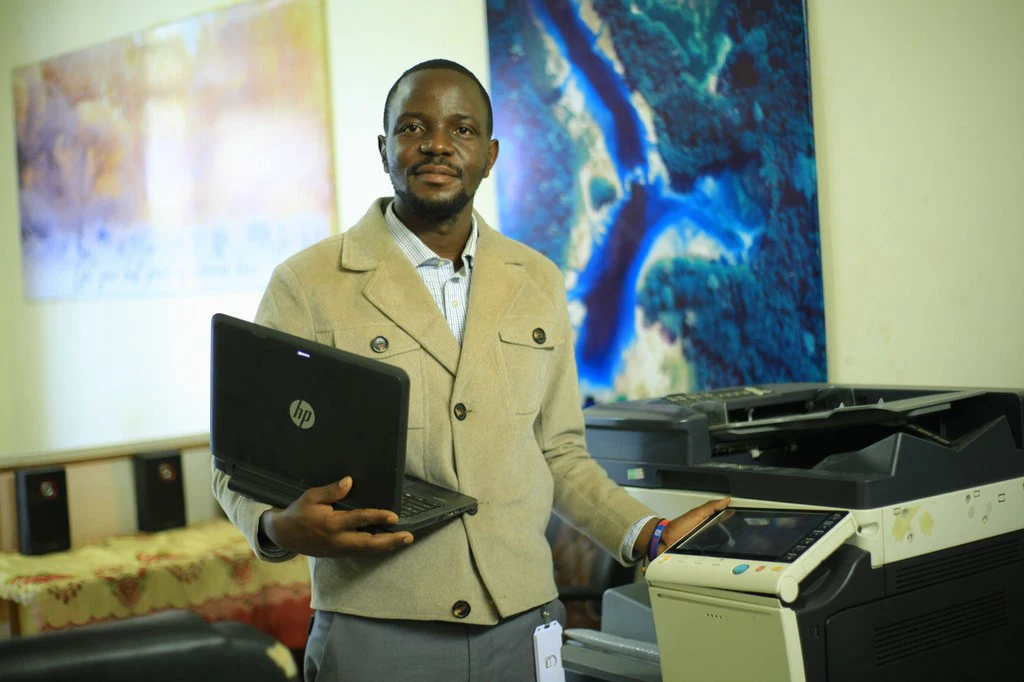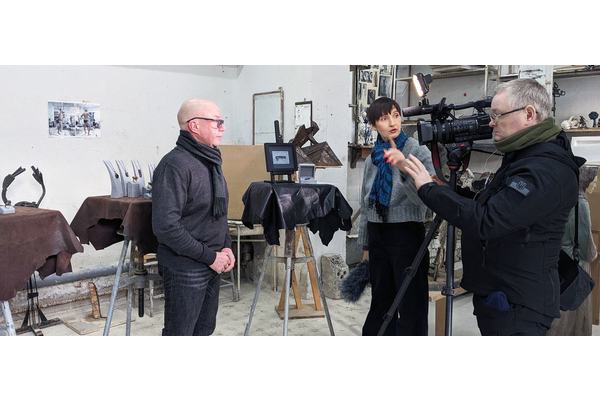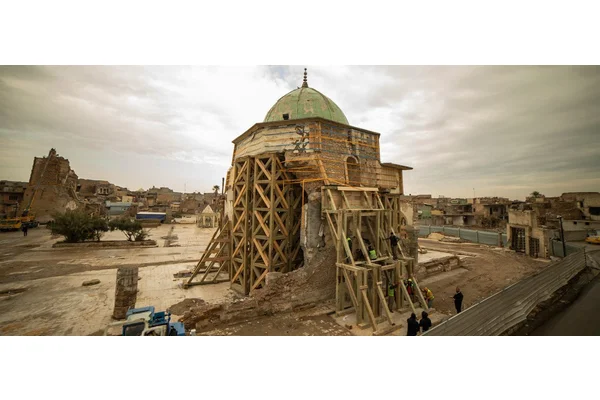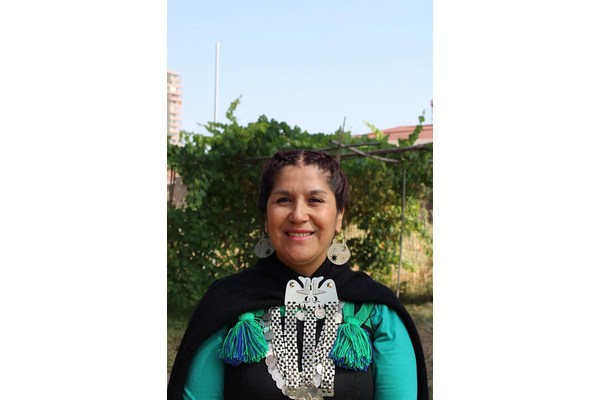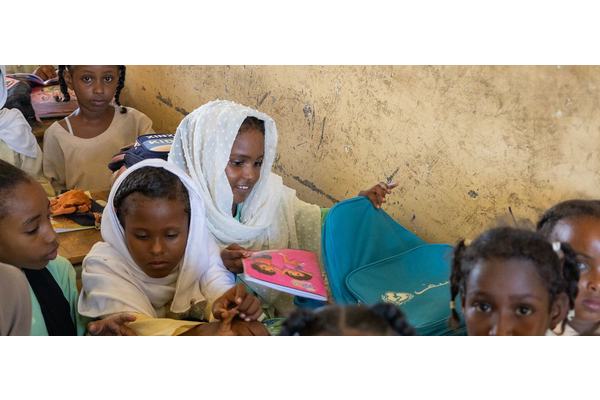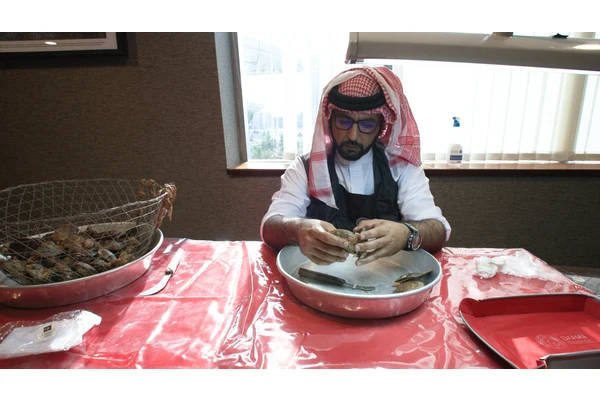African schools gear up for the AI revolution | UN News
The widespread awareness and growing availability of low-cost tools powered by artificial intelligence is putting them on the radar of African governments and entrepreneurs keen to develop home-grown digital solutions to improving education.
“I've personally engaged with a startup that matches high school students to career pathways, including choosing the right university, community college or even entrepreneurship programme. They have seen strong results because of their focus on children in underprivileged contexts and schools. Tech startups have also looked at developing AI-enabled mobile apps, including chat bots, that can support teachers in teaching literacy or teaching mathematics.
“The challenge is that there's often a disconnect between the public education system and tech startups We need educators to be proactive in engaging with those developing tools, and we encourage students and teachers to learn how to create and design technologies that are relevant to their linguistic and cultural contexts.”
Many African governments are keen to adopt national AI strategies and integrate AI into their national policies on technologies in education. In Côte d’Ivoire, where AI is already being widely used in the private sector. Mariatou Koné, the Minister of Education, says that the country’s education system is undergoing a transformation, following a 2022 review which recommended a digitalization strategy.
“We have put in place initiatives to ensure that everyone is aware of the issue of AI. It can provide individual learning programmes, and help struggling students to improve,” said Ms. Koné. “However, we are worried about potential abuses. We have to be able to protect personal data and ensure that learners are aware of the potential dangers.”
The Minister agrees that, in order to guard against bias, the pool of engineers building AI tools needs to be expanded. “We need the right tools, adapted to the African context, to the Ivorian context. We have our own history, our own heritage. If we create our own industry, it has to be adapted to the realities of Côte d’Ivoire.”

